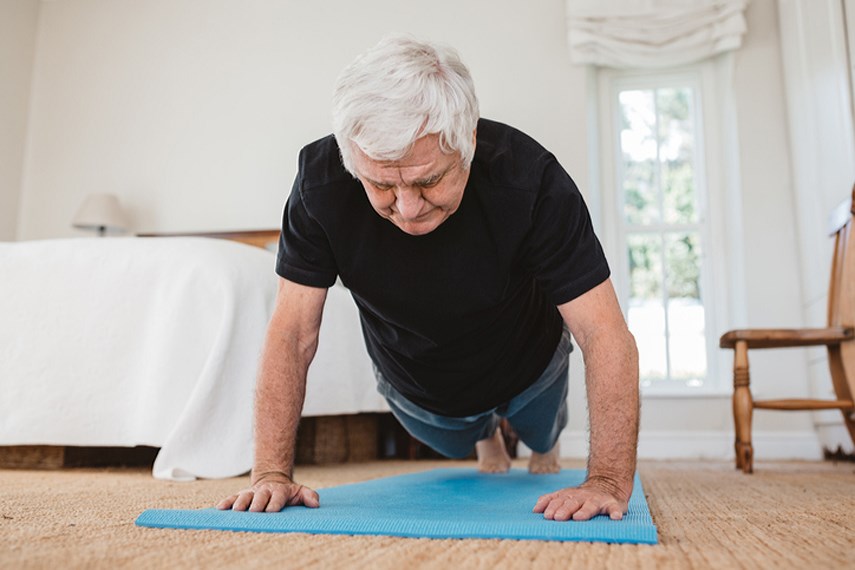As the COVID-19 pandemic continues, I have witnessed a wonderful, generous social and civic response from individuals and community members who are employing prevention tactics – such as physical distancing, frequent handwashing and wearing masks – and responding to the effects of the disease.
On the North Shore many individuals, groups and organizations have sprung to the forefront in assisting individuals by offering services such as food programs, virtual and creative programming at seniors’ centres, and volunteer programs to assist self or previously isolated seniors through shopping, food delivery, friendly phoning and distance visiting.
Many individuals are providing much needed support to their aging neighbours, parents and relatives through shopping, frequent phoning and working through some of their stress-related issues with them.
But, almost from the beginning of the COVID–19 pandemic, I have heard some troublesome comments and reports from media, individuals, and public figures that link the origin, occurrence and spread of the disease to certain groups of people who share commonalities. As a person in the second highest category of deaths related to COVID-19 (people aged 70 to 79) I find these comments are often ageist or racist and definitely not beneficial to me or the community.
This stigmatization of older adults and ethno-cultural groups can be bad for the community as it can cause rifts between people, increase isolation, and may inhibit the control and management of the disease.
I do not think it helps for people to stigmatize older adults and those from the multicultural communities – it is clearly a divisive and unhelpful response on their part.
I, for one, feel angry when I hear statements that say I should stay exclusively at home. In my mind most seniors are acting responsibly when out and about – they are following the prevention guidelines as laid out by our public health officials walking and hiking on the trails and walkways, and shopping.
In addition, seniors seem to be coping with the pandemic well.
Adults aged 60 and up have fared better emotionally compared to younger adults (18–39) and middle-aged adults (40–59) amid the COVID-19 pandemic,” according to a recent UBC research published recently in the Journal of Gerontology: Psychological Sciences.
The study goes on to say that: “While older adults are faced with stressors such as higher rates of disease contraction, severe complications and mortality from COVID-19, they also possess more coping skills to deal with stress as they are older and wiser.”
Fighting stigmatization can include the following four suggestions outlined in McMaster University’s Optimal Aging Portal. It suggests to be aware of the weight of words. Some people have referred to the virus in racist terms, especially about its origin. This is unfortunate as it perpetuates racial stereotypes. Second, spread facts that are evidence based and, I would add, read only credible sources. Third, remind people about the importance of social cohesion. In my mind, a just society works on behalf of all people in the community. Fourth, encourage intergenerational solidarity. All ages are being affected by the virus and we should be working together to stop its spread.
While we must remain vigilant about the risks posed by COVID-19, we must also remain vigilant about avoiding ageist and racist biases.
Margaret Coates is the co-ordinator of Lionsview Seniors’ Planning Society. She has lived on the North Shore for 50 years and has worked for and with seniors for 25 of those years. Ideas for future columns are welcome Email: lions_view@telus.net.



